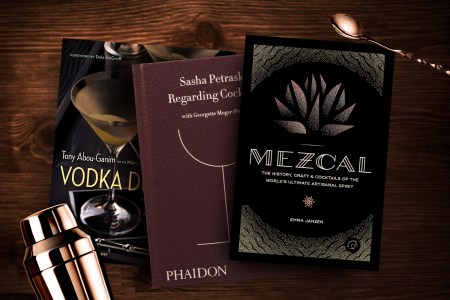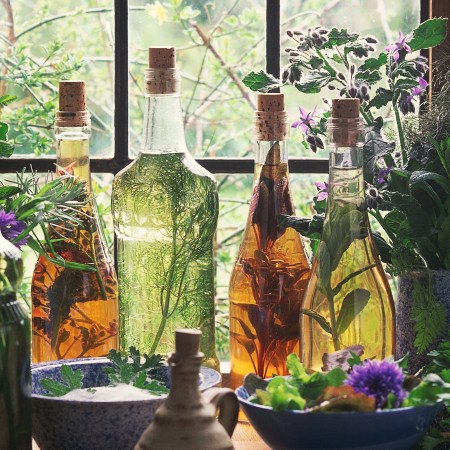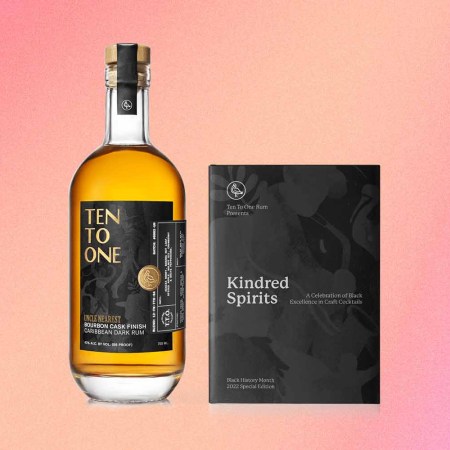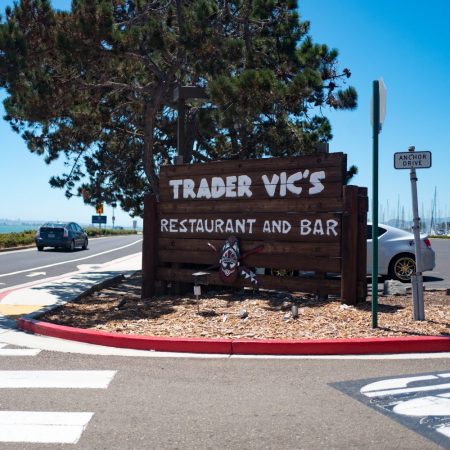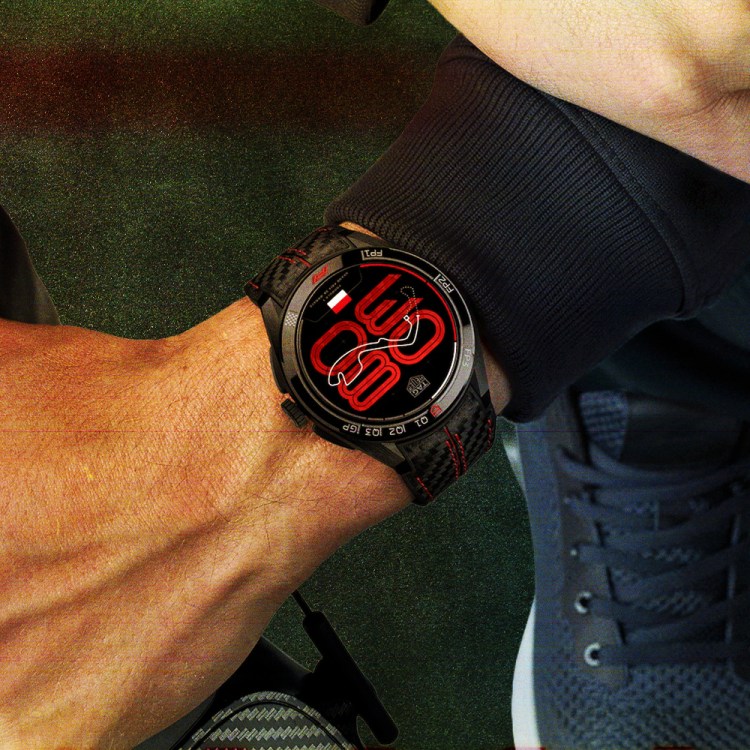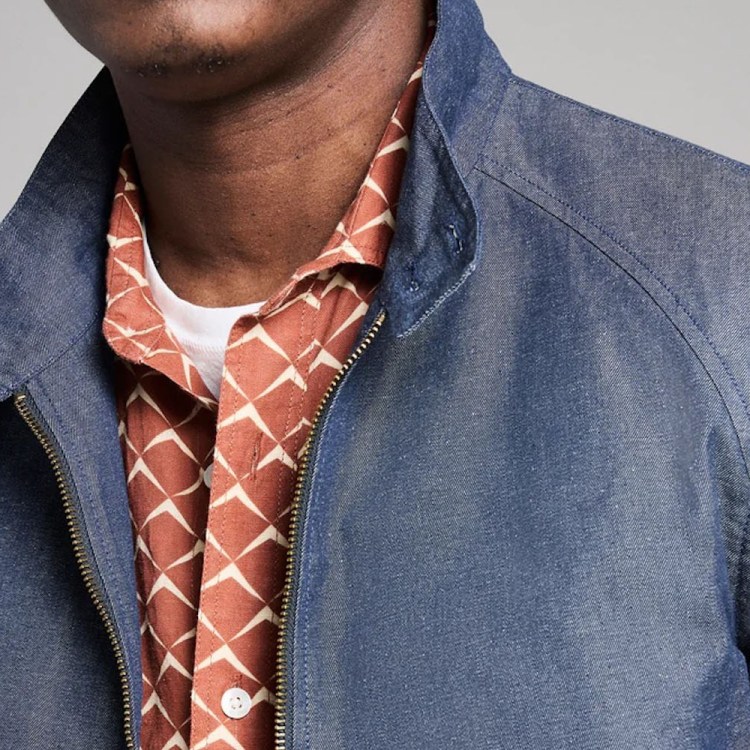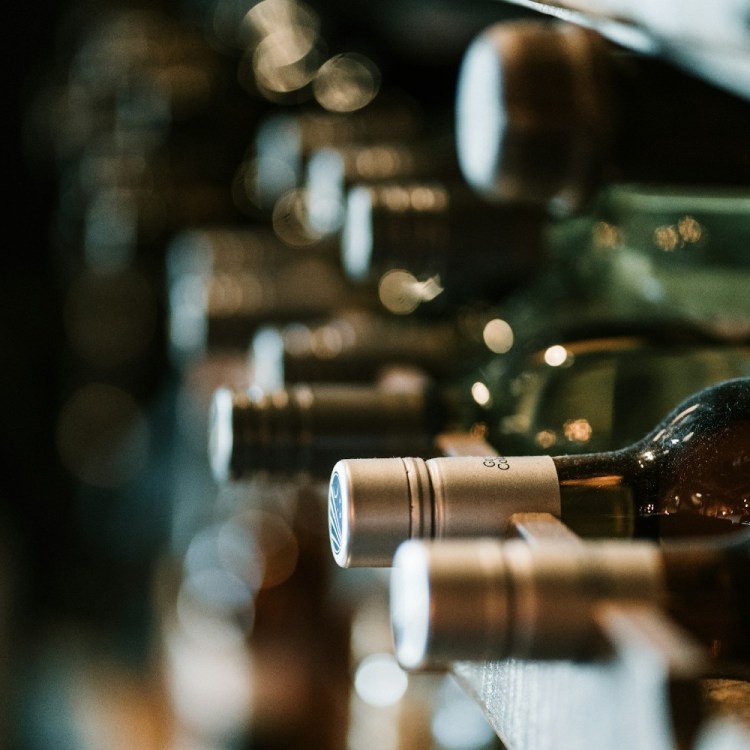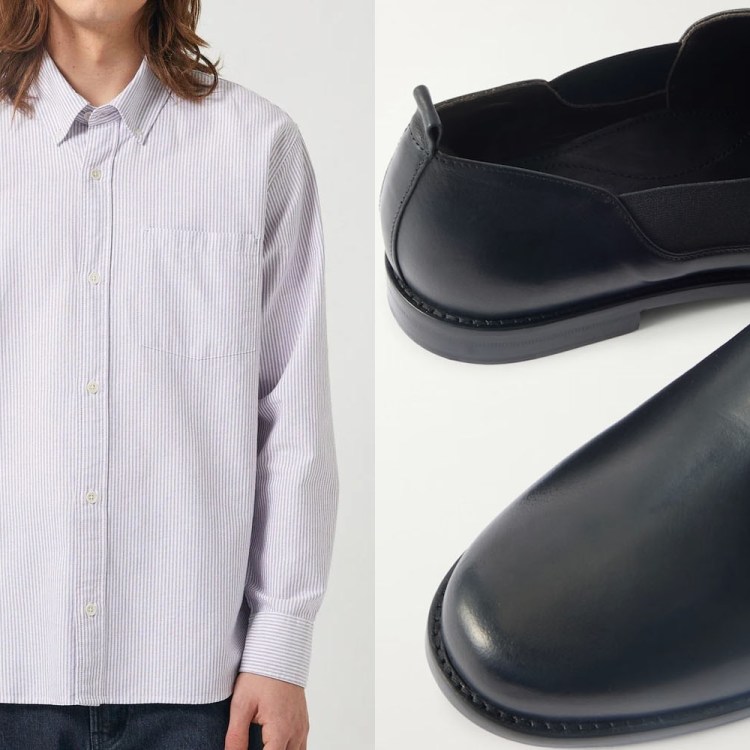The influence of Black people throughout history is often whitewashed, and the alcohol industry is no exception. Black people played a significant role in distilling alcoholic beverages from slavery to the present. You only have to look at the story of Nearest Green, a former slave who taught Jack Daniel the art of distilling. Few knew of his impact until Fawn Weaver shone a light on that history (and kickstarted a multi-billion dollar spirits brand).
Not only were Black Americans distilling spirits, but they also played an integral part in the history of cocktails in America, as many worked as bartenders in white establishments. And they were creating cocktails, too. But there are only a handful of cocktail books that strive to tell the cultural and historical stories of Black and Brown mixologists. Tom Bullock, the author of The Ideal Bartender, released in 1917, was the first Black bartender to publish a cocktail book. After this historical occasion, there wasn’t another prominent Black cocktail author till Shannon Mustipher, former bar manager of Glady’s Caribbean, released Tiki: Modern Tropical Cocktails in 2019.
“It felt very poetic and surreal to follow in Bullock’s footsteps,” said Mustipher. “The Ideal Bartender had been on my shelf for nearly a decade, and to be able to publish not only my first book, but the first book by an African American bartender in almost a century to a day felt wild and an affirmation of its potential significance, not only in the world of cocktails and spirits, but culture at large.”
Kurt Maitland, Deputy Editor of The Whiskey Reviewer and the curator of the Manhattan Whiskey Club, stumbled upon a book deal when he was asked if he wanted to pen a cocktail book by Cider Mills Press. “I’d done some article that was in a compilation of articles about spirits, and the publishers like ‘Kurt, do you want to write a book on cocktails?’ And I’m like I write about whiskey. And they were like we don’t want to book a whiskey, we want a book on cocktails,” he says. “I thought about it for 10 seconds because I’m like, I’ve always wanted to write a book and be a published author, and somebody’s handing me this opportunity.”
The 25 Cocktail Books Bartenders Swear By
These boozy tomes offer exceptional drinks wisdomThe book in question was Drink: The Ultimate Cocktail Book, published in 2019. Since then, Maitland has written two other cocktail books: The Infused Cocktail Handbook and Measure, Shake, Pour. But even getting a book deal is a hard feat. There are several hurdles; according to Mustipher, publishers often look at social media followers and engagement as a deciding factor if they want to collaborate with a new author. ”It’s only recently that we are starting to see an emerging group of Black bartenders and mixologists who are working in bars that have garnered international recognition and accolades including Kapri Robinson (Allegory, Washington DC), Sam Miller (Remora, Salt Lake City, UT) and Erika Flowers (Compere Lapin, New Orleans, LA),” she says. “These are the tip of the iceberg in terms of the talent that’s out there and have been out there for some time going back to the likes of Tiffanie Barriere, who came to prominence at a time when widespread social media had yet to make it easier for a bartender to ‘go viral.’ That said, now the scene is changing and I expect to see more cocktail books pinned by Black bartenders.”
Publishers want to maximize gain and reduce potential loss, so they tend to give book deals to someone at a bar that has notoriety. Unfortunately, there are hardly any Black bar owners or lead bartenders who garner press interest that would catch the eye of the publishing world. Since nobody is actively looking for the next cocktail book writer, Maitland suggests the easiest way to get press is to just start writing. “Unless you’re the bar owner or you’re the lead bartender, you’re not getting the attention because if the New York Times comes to interview your bar, they’re not interviewing bartender number four,” he says. “If you’re not getting the press, you’re not getting the deal. And that’s why I say that writing is a way to raise your profile.”
At the end of the day, it’s up to the publisher to look outside the box to ensure that cocktail books are more diverse. Mustipher thinks a good place for publishers to look is at restaurants, as there are more chef-driven concepts led by Black chefs and a beverage team that may likely be led by a Black mixologist. Also, many Black bartenders work in venues that may fall outside of the bounds of the craft cocktail-driven bars that the publishers — and the media — focus on.
If you’re looking for recent books by Black bartenders, we have a few suggestions: Toni Tipton-Martin’s Juke Joints, Jazz Clubs, and Juice: A Cocktail Recipe Book: Cocktails from Two Centuries of African American Cookbooks sets its sights on the influence and traditions that African-American mixology and drink culture has on the mostly white cocktail world. Martin is not the only person shining the light on the contribution of past Black bartenders; there’s also Black Mixcellence: A Comprehensive Guide to Black Mixology by mixologists Tamika Hall and Colin Asare-Appiah. And last year, rum ambassador Ian Burrell released Rum A Tasting Course: A Flavor-Focused Approach to the World of Rum.
Every Thursday, our resident experts see to it that you’re up to date on the latest from the world of drinks. Trend reports, bottle reviews, cocktail recipes and more. Sign up for THE SPILL now.

